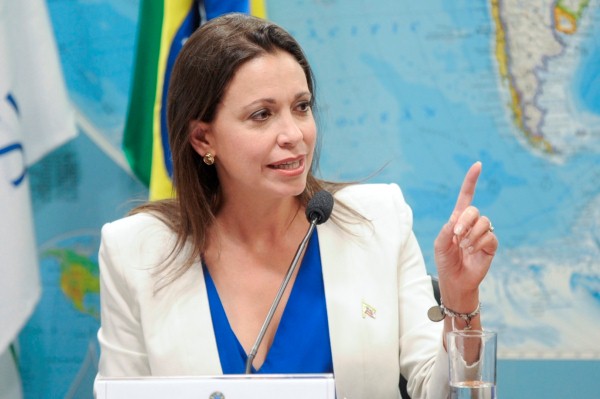Understanding the Current Political Dynamics in Venezuela
Venezuela has long been a focal point of political tension, with its ongoing crises drawing international attention. The country’s political landscape is marked by significant divisions, with President Nicolás Maduro’s administration facing intense scrutiny from both domestic opposition and global observers. Elections and public protests remain central to the evolving narrative of governance and resistance in this South American nation.
The Role of Elections in Shaping Venezuela’s Future
Elections in Venezuela have historically been viewed as pivotal moments for determining the direction of the nation. Despite repeated calls for transparency and international monitoring, many elections under Maduro’s regime have been criticized for alleged irregularities. The opposition has frequently claimed that electoral processes are neither free nor fair, citing examples of voter suppression, lack of impartial oversight, and manipulation.
Recent Electoral Developments
In recent years, local and regional elections have underscored the growing discontent among Venezuelans. Turnout figures often reflect widespread skepticism, with many citizens viewing the process as futile under current conditions. International bodies, including the European Union, have repeatedly urged Venezuela to implement reforms to ensure credible elections.
Public Protests and Civil Unrest
The streets of Venezuela have often been a stage for public dissent. From economic grievances to demands for democratic reforms, protests have become a regular occurrence. Citizens rally against inflation, shortages of essential goods, and the perceived erosion of democratic institutions.
Key Movements
- The 2019 Uprising: Marked by calls for regime change and significant international backing for opposition leader Juan Guaidó.
- Economic Protests: Fueled by hyperinflation and declining living standards, these protests highlight the urgency of economic reforms.
- Student-Led Demonstrations: Young Venezuelans, often at the forefront of protests, emphasize the need for political accountability and future-oriented governance.
International Responses and Sanctions
The international community remains deeply divided over how to approach Venezuela’s political crisis. Nations like the United States have imposed stringent sanctions, targeting key individuals and sectors within the Maduro administration. Meanwhile, allies such as Russia and China continue to provide economic and political support to the government.
The Impact of Sanctions
Sanctions have had a dual effect: while they aim to pressure the government into reform, they also exacerbate the economic hardships faced by ordinary Venezuelans. This has led to debates over their effectiveness and humanitarian consequences.
The Opposition’s Role in Political Reforms
The opposition in Venezuela, though fragmented at times, continues to play a critical role in pushing for political change. Opposition leaders have advocated for free elections, the release of political prisoners, and the restoration of democratic institutions.
Challenges Faced by the Opposition
- Internal Divisions: Lack of unity among opposition factions weakens their collective influence.
- Government Crackdowns: Frequent arrests and intimidation tactics limit their ability to mobilize.
- Limited International Leverage: Despite international support, tangible outcomes remain elusive.
Economic Realities in Venezuela
Venezuela’s economic woes are inseparable from its political challenges. Once one of the wealthiest nations in Latin America, it now grapples with hyperinflation, currency devaluation, and dwindling oil revenues. Efforts to stabilize the economy have been hampered by corruption, mismanagement, and global sanctions.
Potential Economic Reforms
Experts suggest that restoring Venezuela’s economy will require:
- Diversifying its revenue streams beyond oil.
- Implementing anti-corruption measures.
- Rebuilding trust with international financial institutions.
The Humanitarian Perspective
The humanitarian crisis in Venezuela is one of the most pressing issues. Millions have fled the country in search of better opportunities, creating one of the largest migration crises in recent history. For those remaining, access to basic services like healthcare, education, and food remains limited.
Conclusion: Navigating a Complex Political Future
Venezuela’s political and economic challenges are deeply intertwined. While elections and public protests provide avenues for potential change, the road ahead requires concerted efforts from domestic leaders and international stakeholders. Transparency, dialogue, and sustainable reforms are essential for a brighter future in Venezuela.


